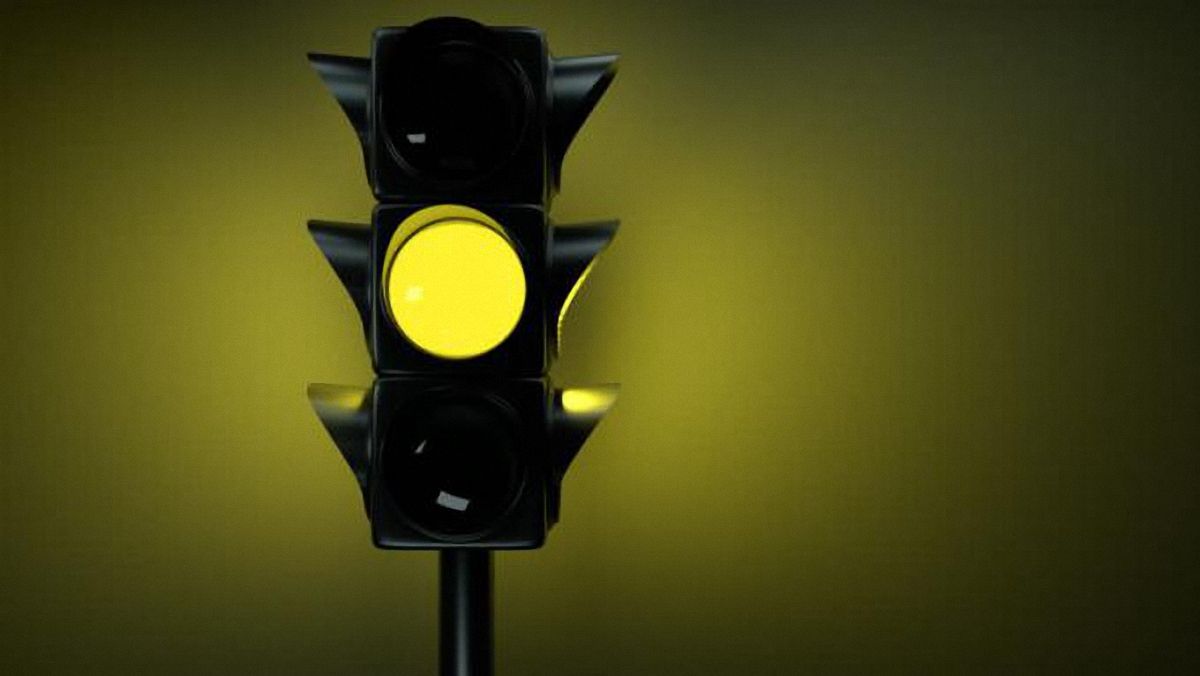

On June 1, 2025, the mandate of the international experts serving on the Competition Commission for selecting members of the High Qualification Commission of Judges (HQCJ) expired. Their seats are to be taken by representatives of the unreformed Council of Judges and the Bar Council of Ukraine. Following this, in November, the mandates of international experts in the Public Council of International Experts (PCIE) under the High Anti-Corruption Court (HACC) and other similar commissions are also set to expire. Therefore, unless the involvement of international experts is extended without interruption, Ukraine will lose a key safeguard for the independence of the HQCJ, and with it, the prospect of genuine rule of law for years to come.
Two years after its relaunch, the HQCJ has raised the transparency of selection processes and has already begun recruiting over two thousand new judges for local and appellate courts. Under its new composition, every fifth judge interviewed receives a recommendation for dismissal — from “Maidan judges” like Olena Izotova-Vakim to DACK judges such as Tetiana Sheiko.
These achievements would not have been possible without the EU integration process and the decisive voting power of international experts. The reform of the HQCJ and the High Council of Justice (HCJ) was the second of the seven requirements that earned Ukraine candidate status and opened accession talks with the EU. The involvement of international experts ensured that political or corporate interests of vested parties would not influence the final list of candidates for these institutions.
Now the HQCJ faces even greater challenges: to fill 2,350 vacancies in local and appellate courts, form the benches of two new administrative courts, conduct another selection for the HACC, and renew the Supreme Court.
However, the independence of the HQCJ is under threat. The institution is under systematic pressure from the SBI, and the expiration of the international experts’ mandate opens the door to puppet candidates being nominated to the Competition Commission by Ukrainian institutions. For example, Lidiia Izovitova, the head of the Bar, known for her closeness to Viktor Medvedchuk, will be involved in nominating Ukrainian experts to the Competition Commission. With such delegates, the Commission will consist of representatives of the old corrupt elite seeking a return to the Yanukovych era. As a result, the HQCJ risks once again becoming a recruitment center for dependent judges, and all the efforts of the current composition of the Qualification Commission will be devalued.
The experience of post-2014 reforms has shown that out of all models for selecting judges and other officials, only those involving international experts have proven effective. The most telling examples come from the work of new institutions and their commissions: in five years, the HACC has delivered over two hundred verdicts against top-level corrupt officials; the Ethics Council has blocked the appointment of notorious candidates to HCJ; and the NACP, after a selection process involving international experts, has improved the formation of national anti-corruption policy. Where there was no external voice, as in the Council of Judges, the system continues to reproduce itself.
The model of giving decisive voting power to external experts has already become the “gold standard” beyond the judiciary as well, and it enjoys broad public support: 56% of Ukrainians believe that international professionals should have the dominant say in the selection of judges.
We firmly believe that preserving the decisive vote of international experts is not a matter of procedural formality, but a strategic choice: either an independent HQCJ and fair selection processes today — or a return to mutual cover-ups for many years to come. We choose the former and call on:
- The Verkhovna Rada and the President of Ukraine — to urgently adopt legislation extending the mandate of international experts on the Competition Commission until the completion of key selections
- The European Union — to ensure that documents governing Ukraine’s path to EU membership include clear provisions on the decisive vote of international experts in commissions supporting the formation of rule of law institutions
- Ukraine’s international partners and donors — to provide sufficient financial and organizational support for the functioning of such commissions to ensure their continued independence and capacity to fulfill their crucial mission.
This statement is open for endorsement by civil society organizations: join us.
Unless the involvement of international experts is extended without interruption, Ukraine will lose a key safeguard for the independence of the HQCJ, and with it, the prospect of genuine rule of law for years to come.






